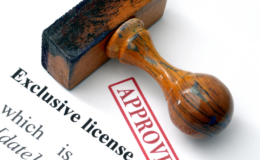There are many reasons why you may be interested in owning a small business, from developing a unique product or a unique solution to a common problem to just wanting to be your own boss. However, when you start a business, you quickly learn how much money it takes to get off the ground. If you don’t have the extra cash lying around, you may start to wonder how do small business loans work.
How do small business loans work?
There are several different types of small business loans to consider, but here are three of the most common:
- Small Business lines of credit. Lines of credit are similar to credit cards in that you can borrow up to a certain limit and pay it back anytime. For a line of credit, you only pay interest on the amount of money you borrow, and you can pay it back and borrow again as much as you want as long as you don’t go over your credit limit.
- Small business term loans. Small business term loans offer you a lump sum of capital that you pay back in fixed interest rates with standard repayment terms. Most of these loans are repaid within five years, and they’re used to fund a specific investment for a small business.
- Accounts receivable financing. Finally, accounts receivable financing or factoring is where you sell your outstanding invoices to a lender and receive early payments for them. The lender takes the risk on your invoices while providing your business with immediate cash in exchange for a fee.
If you’re interested in starting a small business but don’t have the capital upfront, you may be looking into a small business loan. There are several types of small business loans, including lines of credit, term loans, accounts receivable financing, SBA loans, and even working capital loans. Each loan has its pros and cons, but no matter what, there is one that will work for your business.






